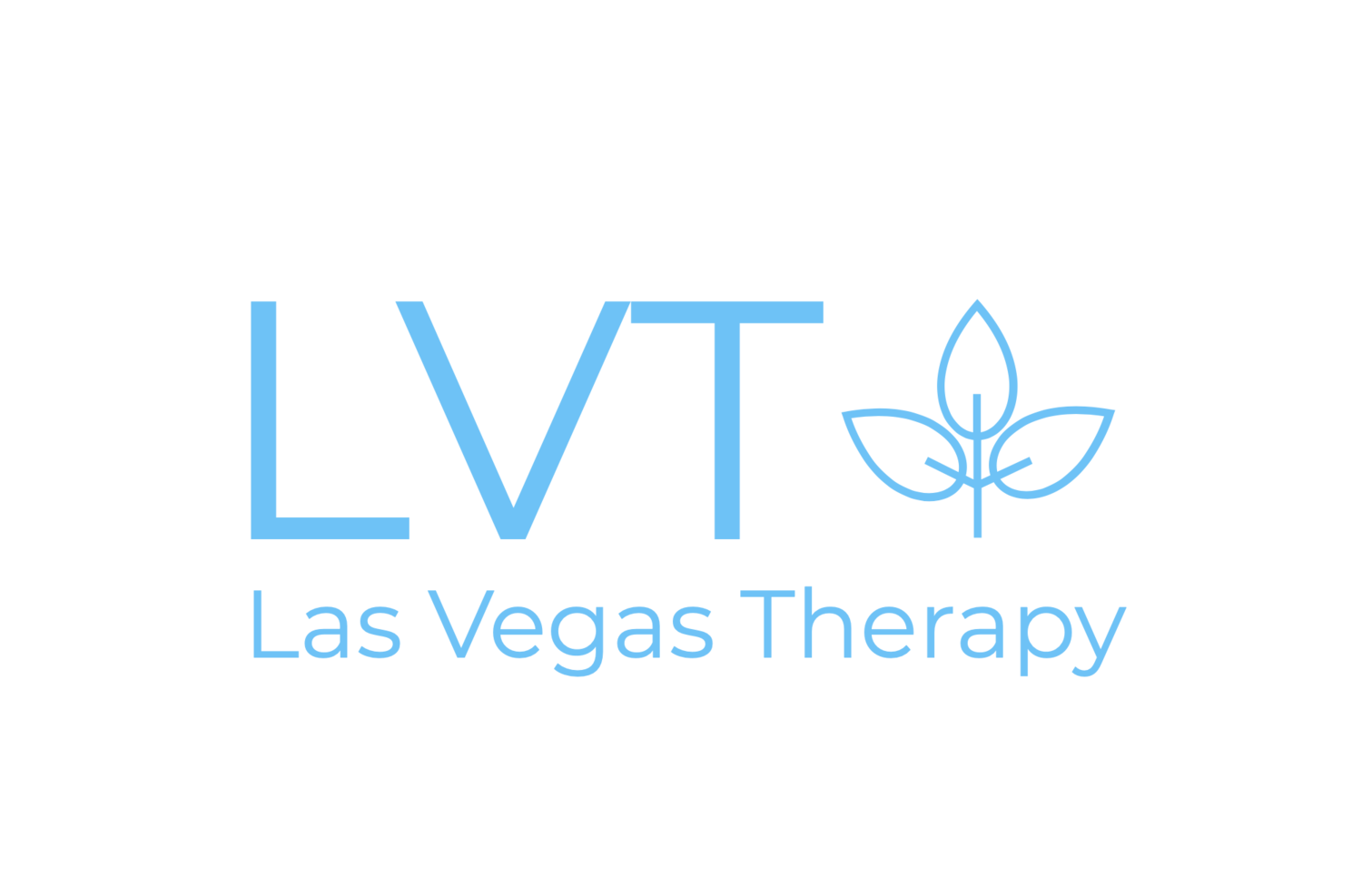Experiencing trauma can be an incredibly distressing and life-altering event, leaving deep emotional wounds that can affect various aspects of our lives. Healing from trauma is a unique and individual journey, but it is essential to know that recovery is possible with the right support and resources. In this blog post, we will explore some essential steps you can take on the road to recovery after trauma.
Acknowledge Your Feelings:
The first step in healing from trauma is acknowledging and validating your feelings. It's normal to feel a wide range of emotions, including fear, anger, sadness, or numbness. Allow yourself to experience these emotions without judgment or self-criticism.
Seek Professional Help:
Consider reaching out to a qualified mental health professional experienced in trauma treatment. A trained therapist can provide a safe and supportive environment to explore your experiences and emotions. Therapy modalities such as Cognitive-Behavioral Therapy (CBT), Eye Movement Desensitization and Reprocessing (EMDR), and Trauma-Focused Cognitive-Behavioral Therapy (TF-CBT) have shown great effectiveness in treating trauma.
Connect with Supportive Relationships:
Building a support network is crucial in the healing process. Surround yourself with family members, friends, or support groups who can offer understanding, empathy, and a listening ear. Sharing your feelings with trusted individuals can be incredibly therapeutic.
Practice Self-Compassion:
Be gentle with yourself as you navigate the healing journey. Trauma recovery takes time, and it's okay to experience setbacks. Treat yourself with the same kindness and understanding you would offer to a friend in distress.
Engage in Self-Care:
Prioritize self-care practices that promote physical, emotional, and mental well-being. Engage in activities that bring you joy, such as hobbies, exercise, or spending time in nature. Self-care nourishes your spirit and supports resilience in the face of adversity.
Educate Yourself about Trauma:
Understanding the effects of trauma can help you make sense of your experiences and reactions. Educating yourself about trauma and its impact can empower you to take an active role in your healing process.
Set Realistic Goals:
Setting achievable goals can provide a sense of purpose and progress in your recovery. Start with small, attainable steps and celebrate each accomplishment along the way.
Practice Mindfulness:
Mindfulness techniques, such as meditation and deep breathing, can help you stay present and grounded during times of distress. Mindfulness fosters awareness of your thoughts and emotions without judgment, promoting emotional regulation.
Address Triggers:
Trauma can create triggers that elicit intense emotional reactions. Identifying and addressing triggers can help you manage emotional responses and reduce their impact on your daily life.
Consider Expressive Therapies:

